So after a couple of days of snooping around and butting into conversations, I guess it's #introduction time 😁
I'm originally from Singapore, but moved to Naarm (Melbourne, Australia) in 2004.
I have been in the hospitality industry for 18 years.
The last 12 of which have been spent in the kitchen as a chef. I post about #food a lot 😏
I also have a background in #Anthropology, #SocialTheory and #HumanNutrition.
Am currently in the middle of a #PhD in #Education - researching community #foodpedagogies as well as food education in #PublicHealth.
I am passionate about #SocialJustice, #FoodSecurity, #Decolonisation and dismantling systems that perpetuate division and inequity.
I am a #dancer, #SciFi geek, a novice gardener and have a regular #yoga practice.
Open to meet anyone and everyone. Excited to be here and looking forward to many amazing conversations and friendships! 💜
#Introductions #Newbie #TwitterMigration

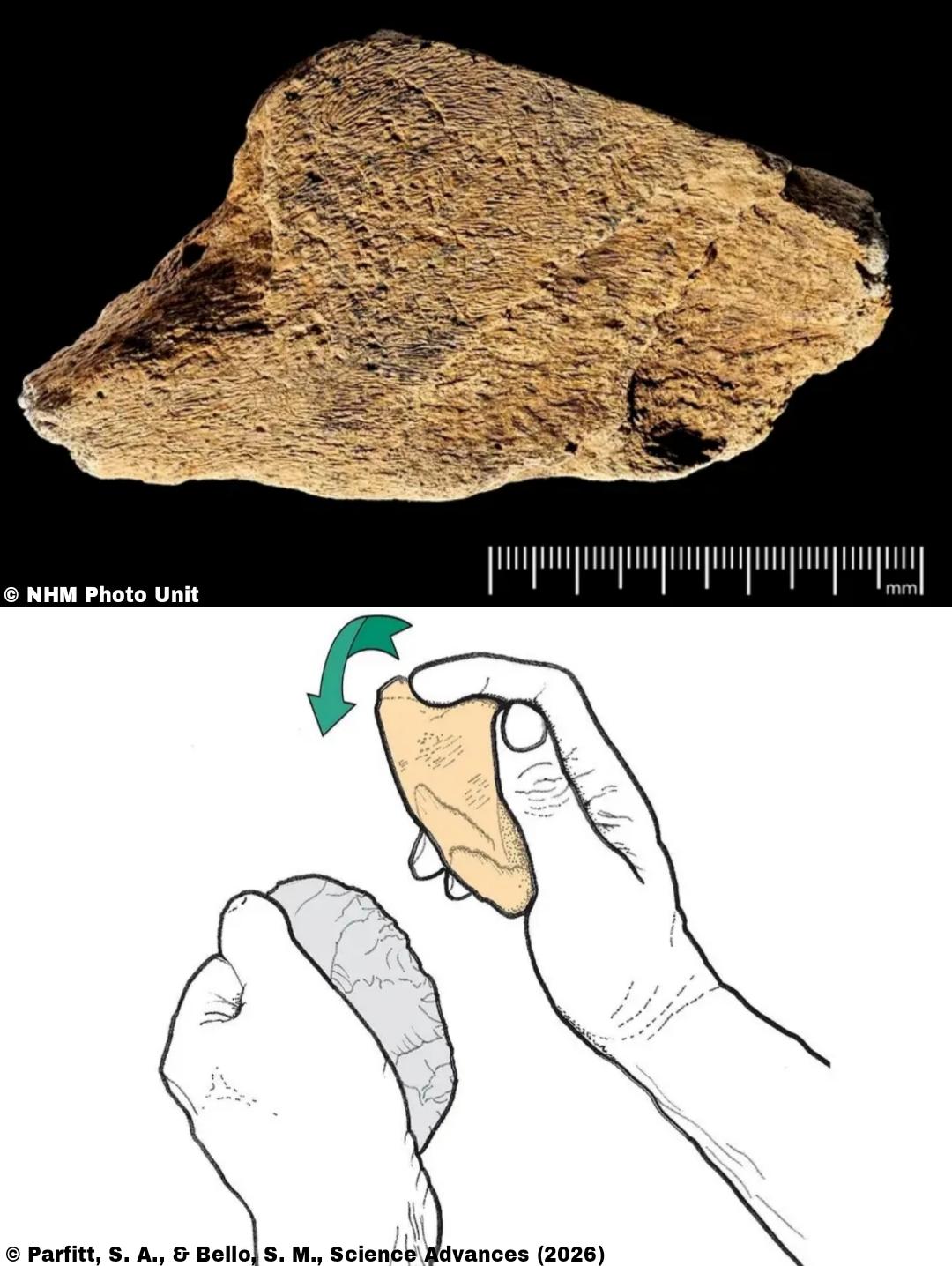
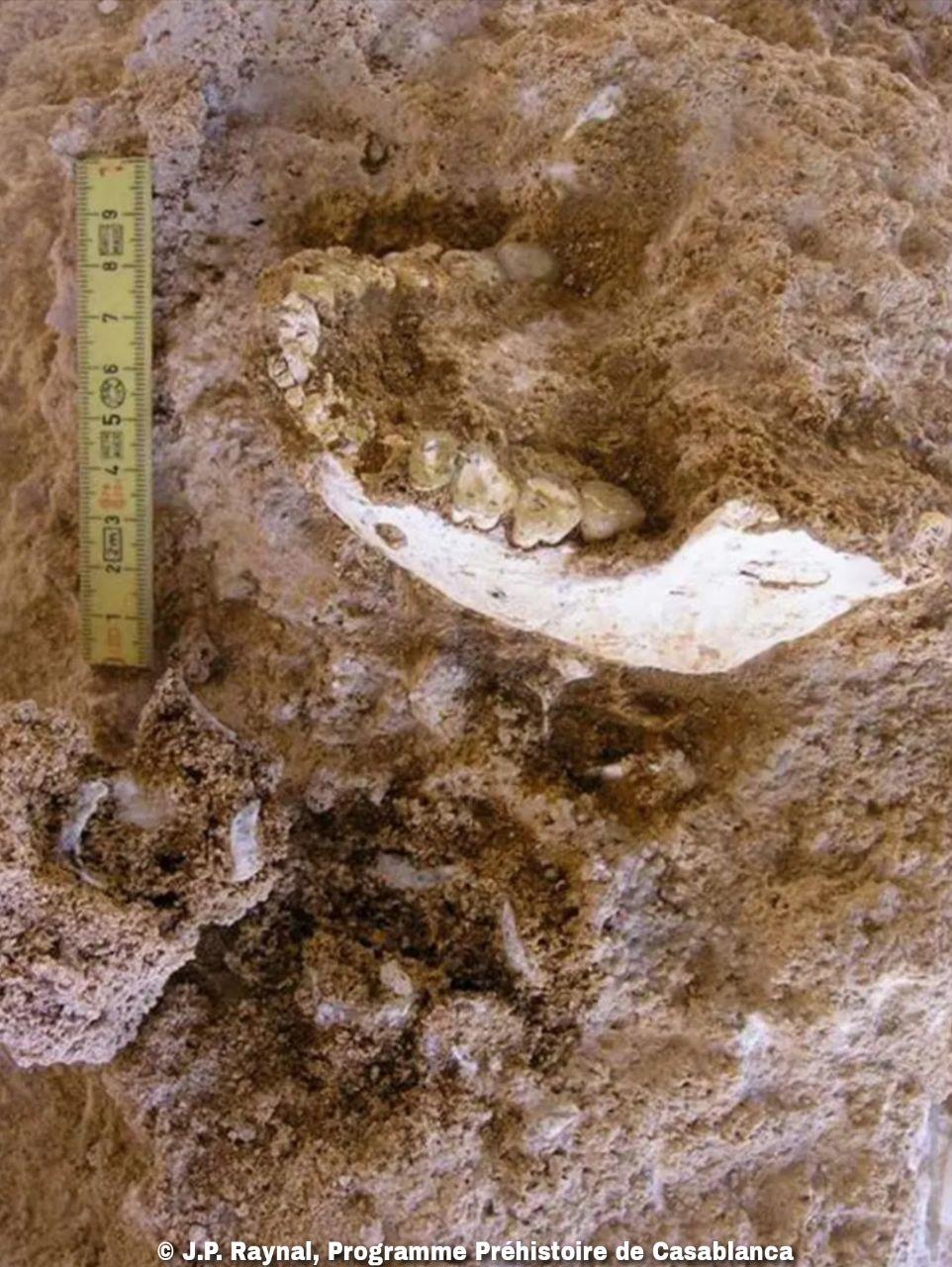
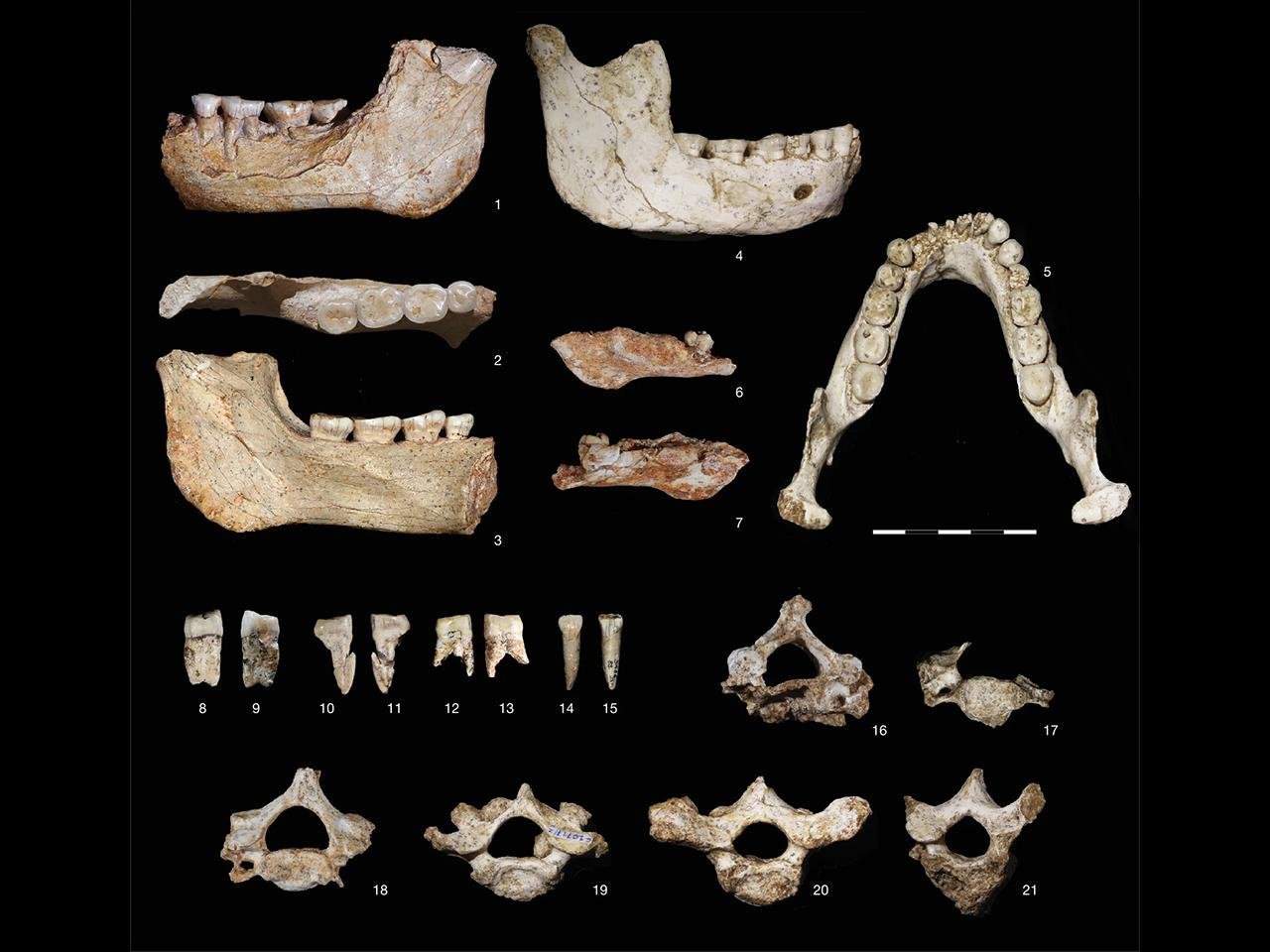
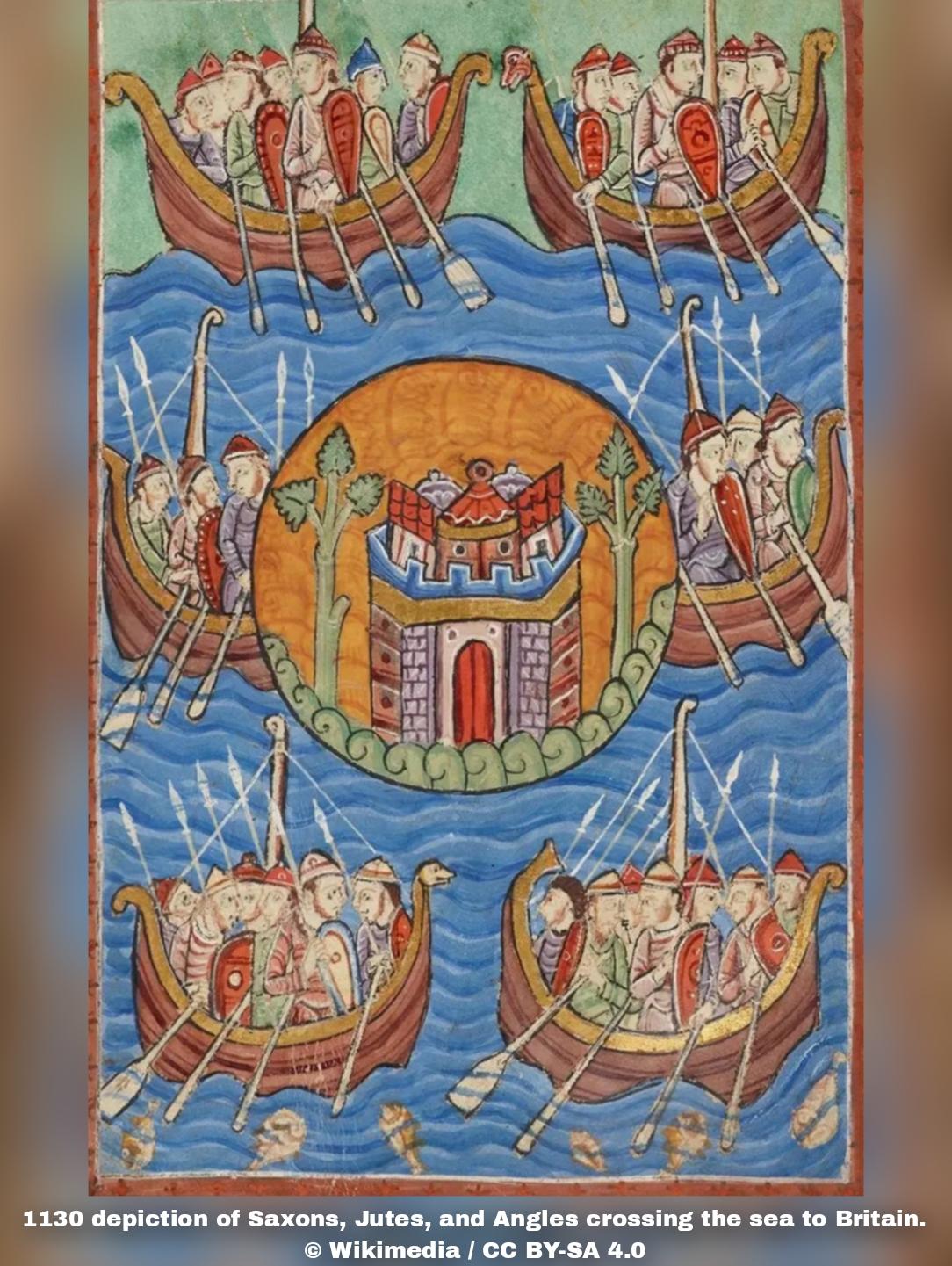
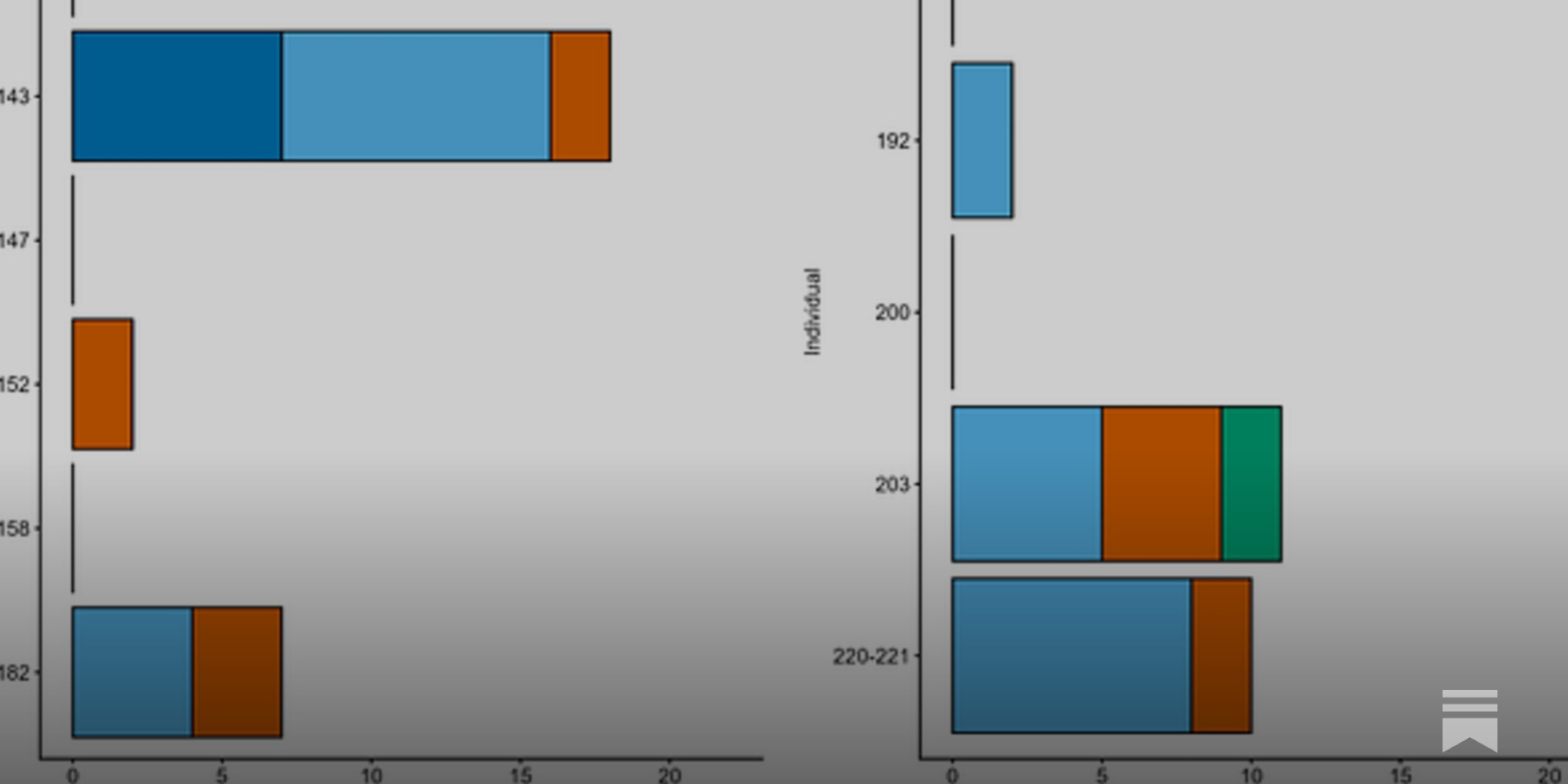
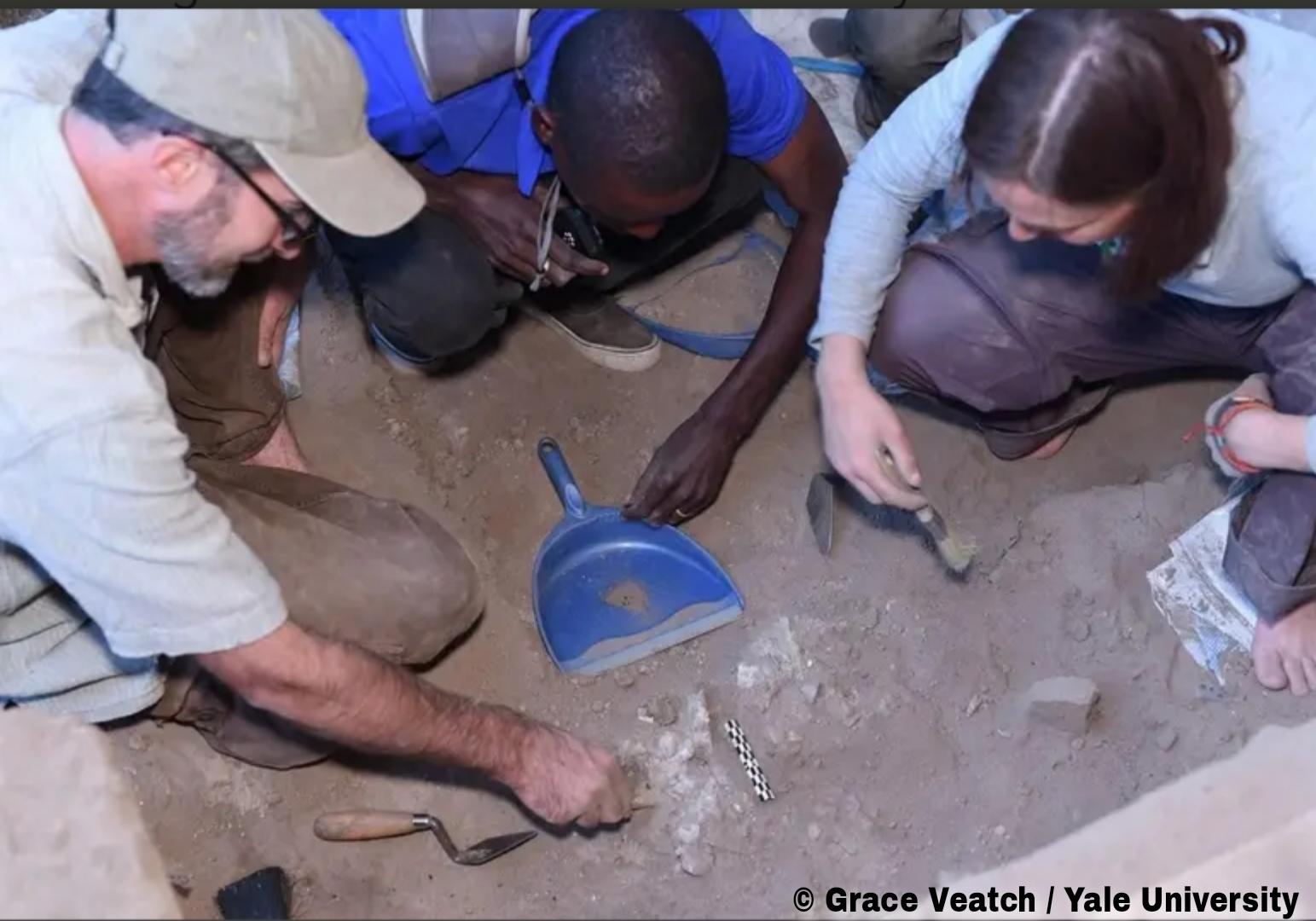

.jpg)